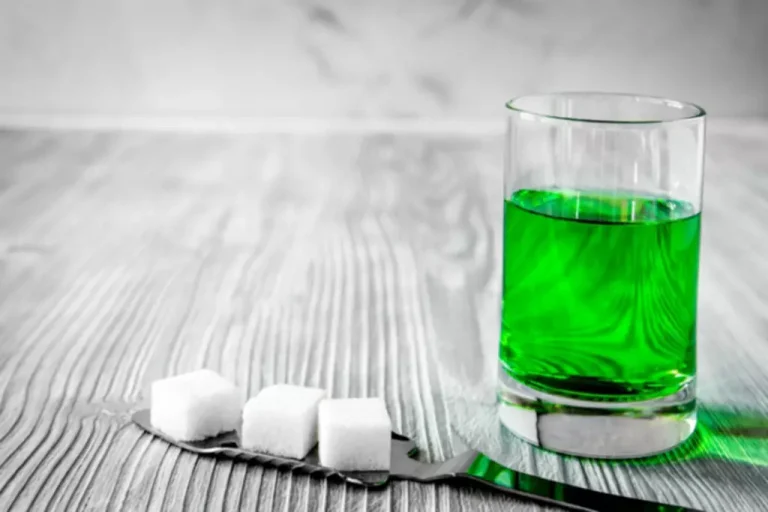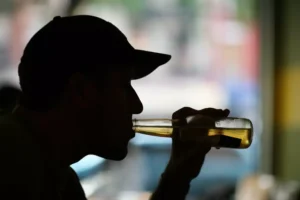Address
Office # E-65, Pir Colony, Main Walton Road, Lahore Cantt
Work Hours
Monday to Friday: 8AM - 7PM
Weekend: 10AM - 5PM
Address
Office # E-65, Pir Colony, Main Walton Road, Lahore Cantt
Work Hours
Monday to Friday: 8AM - 7PM
Weekend: 10AM - 5PM
Over time, poor quality sleep can have a negative influence on many different aspects of your life, including your long-term health. If you’re experiencing sleeping issues, whether related to alcohol consumption or not, consider talking to your health care provider or a sleep specialist. Among those with AD, treatment-seeking subjects have been demonstrated to have a higher Periodic Limb Movement Index (PLMI) as compared to controls (Brower and Hall, 2001). A longitudinal study involving patients sober for 2–3 weeks after withdrawal, demonstrated higher baseline PLMI and PLMI with arousals versus healthy controls (Gann et al., 2002). At the 6-month follow-up, subjects with AD who relapsed had significantly higher PLMI and PLMI with arousals, than those who did not.
When people in America notice they’ve developed issues falling asleep, their first reaction is often to have a drink. This may help many fall asleep on occasion; however, the use of alcohol, even a single serving, will make it more difficult for someone to reach deep sleep, also known as REM sleep. Without deep sleep, our mind and body are unable to do what’s necessary to prepare for the next day.

The more alcohol your drink and the closer you drink it to bedtime, the stronger its effects will be. Alcohol use and dependence appear to interfere with circadian rhythms—biological patterns that operate on a 24-hour clock. Evidence suggests that consuming alcohol may decrease the body’s sensitivity to cues, alcohol insomnia like daylight and darkness, which trigger shifts in body temperature and secretion of the sleep hormone melatonin. These fluctuations play a vital role in the sleep-wake cycle, and when they are weakened—or absent—a person may feel alert when they want to sleep and sleepy when they want to be awake.

She also served as the inaugural chair of the Clinical and Consumer Sleep Technology Committee and is the current chair of the AASM Public Awareness Advisory Committee. Information provided on Forbes Health is for educational purposes only. Your health and wellness is unique to you, and the products and services we review may not be right for your circumstances. We do not offer individual medical advice, diagnosis or treatment plans. It’s just as important as a nutritious diet and regular exercise.
“Keep a sleep log to measure duration and quality and add to that log drink quantity and times to see if you notice patterns related to sleep quality,” Mendelson advises. On the surface, alcohol’s sedative effects can feel like they would ease the symptoms of insomnia and help you fall asleep. But given the likelihood of REM sleep disruptions and frequent waking, it’s not recommended that anyone use alcohol to treat their insomnia symptoms.
They also tested the possibility that it was poor mental health causing people to stay up late, not the other way around. They tracked a subset of participants who had no previous diagnosis of a mental disorder for the next eight years. During that time, night owls who slept late were the most likely to develop a mental health disorder.
Studies indicate that sleep disturbances independently increase the risk for relapse to alcohol, suggesting that targeting these problems during recovery may support continued abstinence. However, there is limited information in the addiction literature about available and effective treatments for sleep disturbances in recovering alcoholic patients. Recommendations for future research are provided along with special considerations for treating insomnia in this population, including avoiding cross-dependent sedatives, such as benzodiazepines and benzodiazepine receptor agonists (BzRAs).
Frontal (but not posterior) N550 and P900 amplitudes were smallerin alcoholics than controls and smaller in men than women, but the sex difference was notrelated to diagnosis. Latencies of N550 and P900 did not differ as a function of diagnosisor sex. Many people may be drinking onboard to help them get to sleep in an often uncomfortable cabin — but doing so negatively impacts both long-term health and the immediate goal of getting some rest, experts said. If you don’t fall asleep within about 20 minutes of going to bed, leave your bedroom and do something relaxing. Repeat as needed, but continue to maintain your sleep schedule and wake-up time.